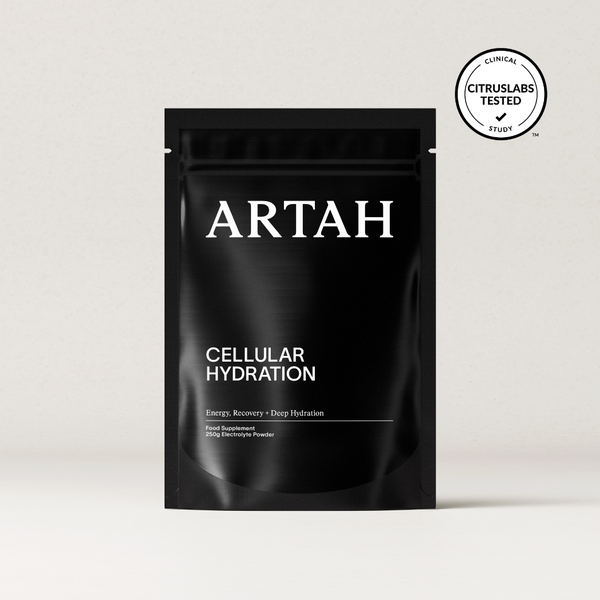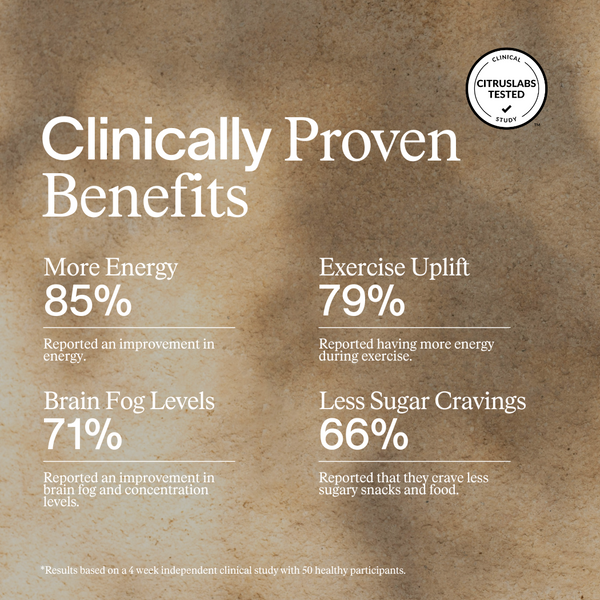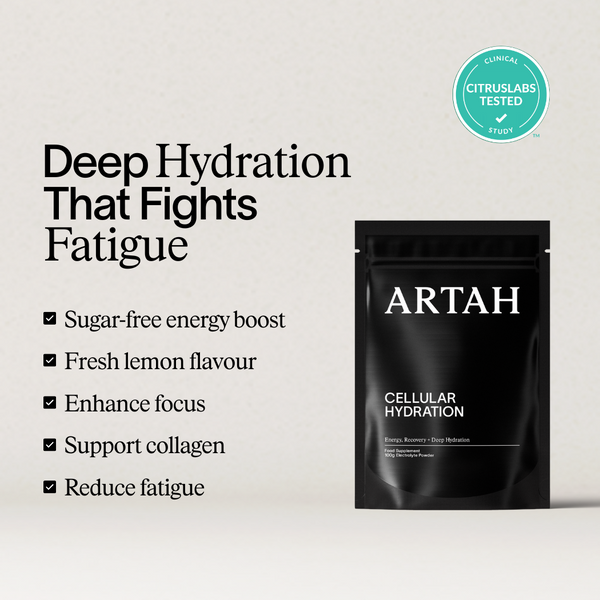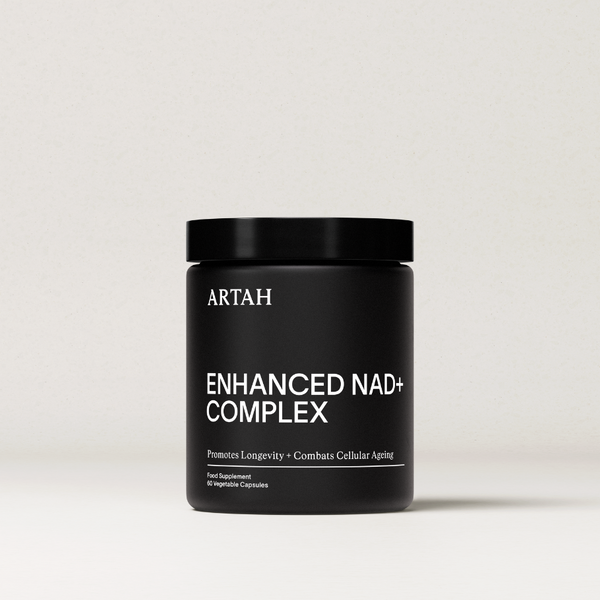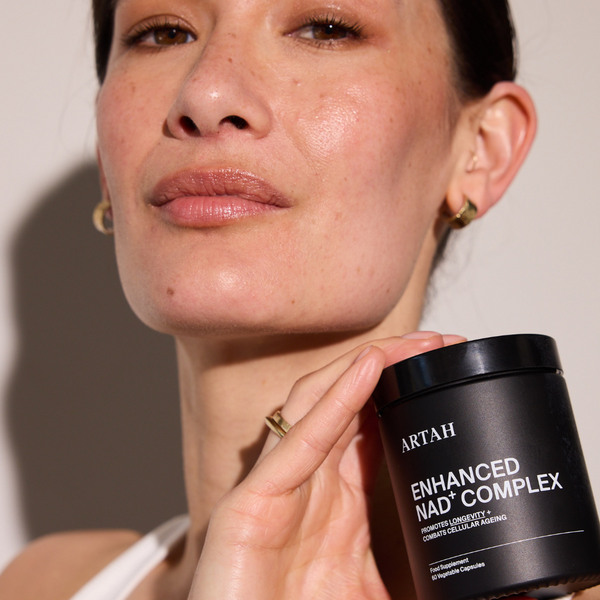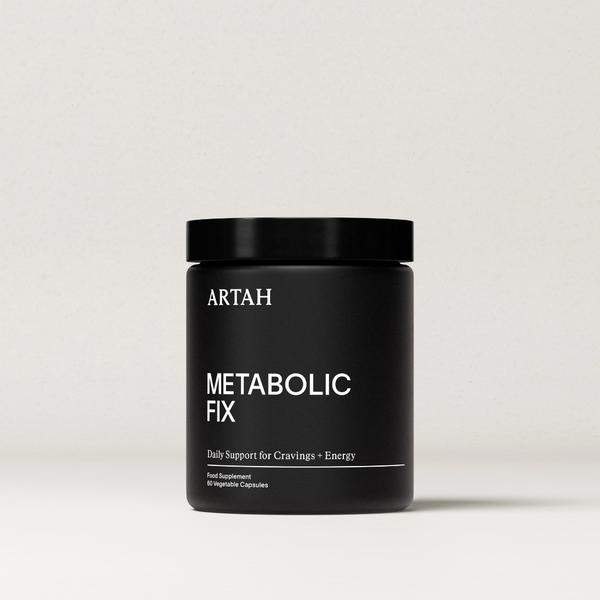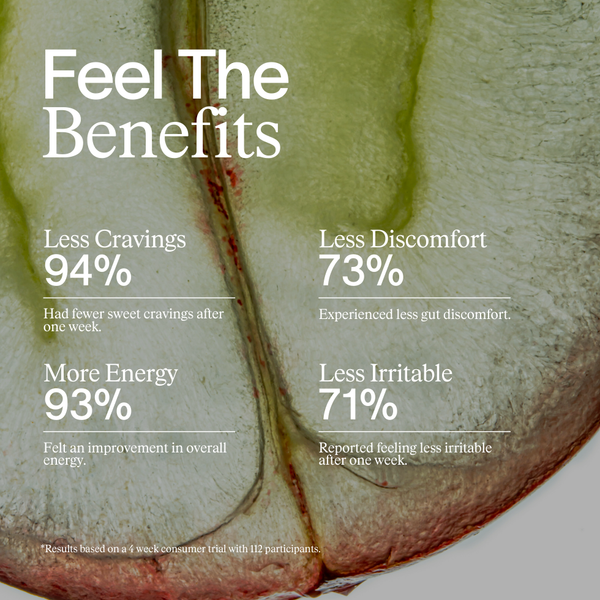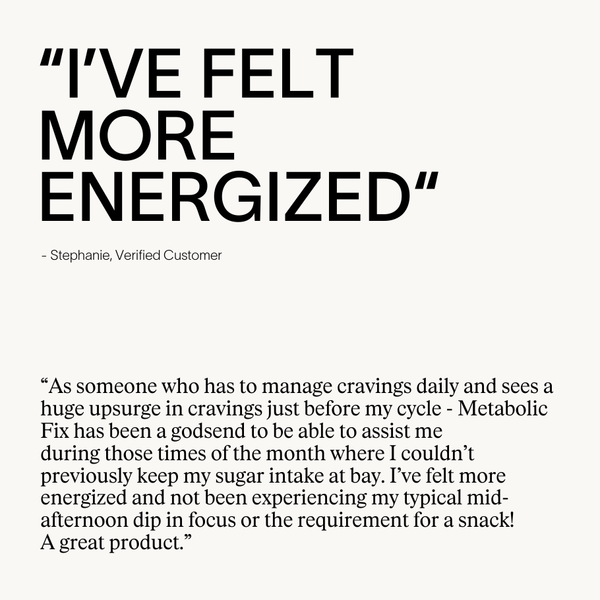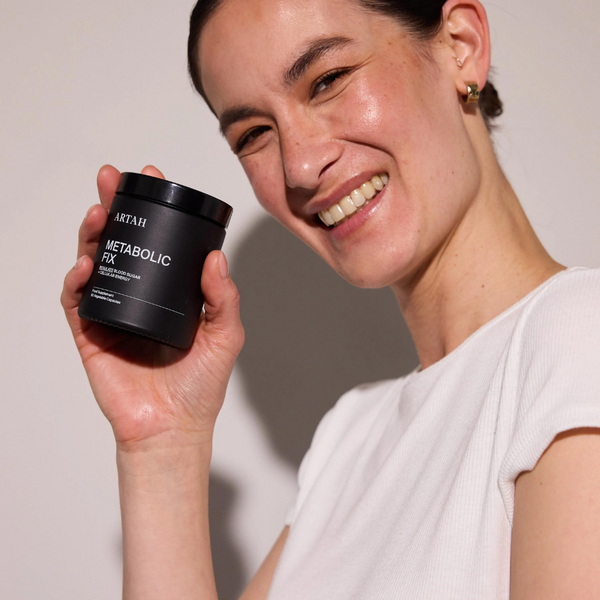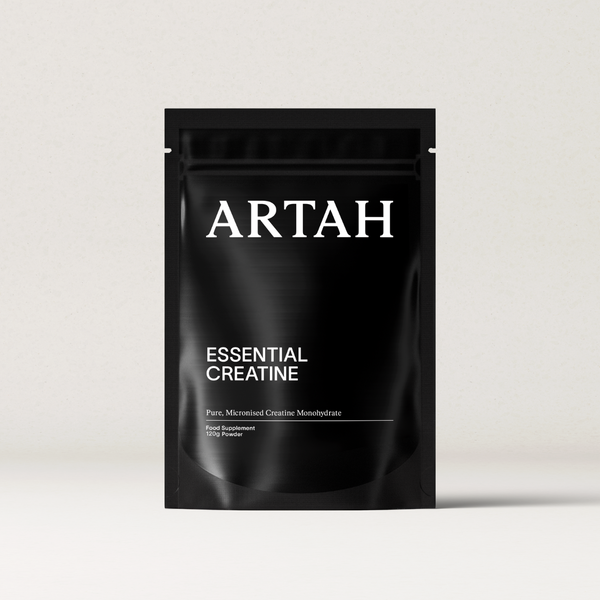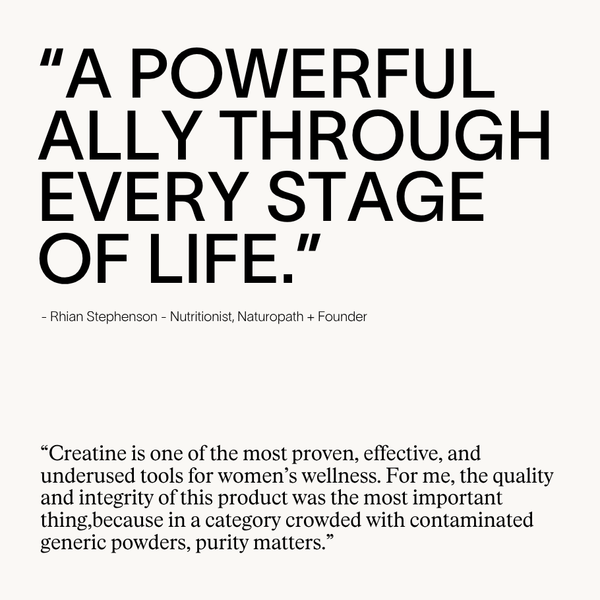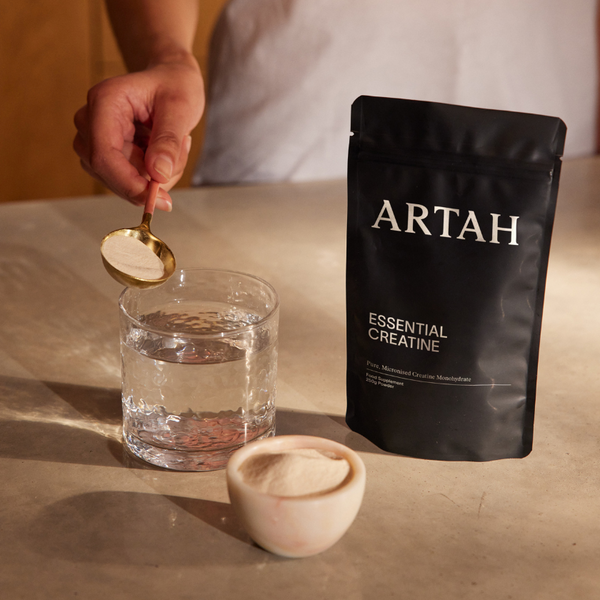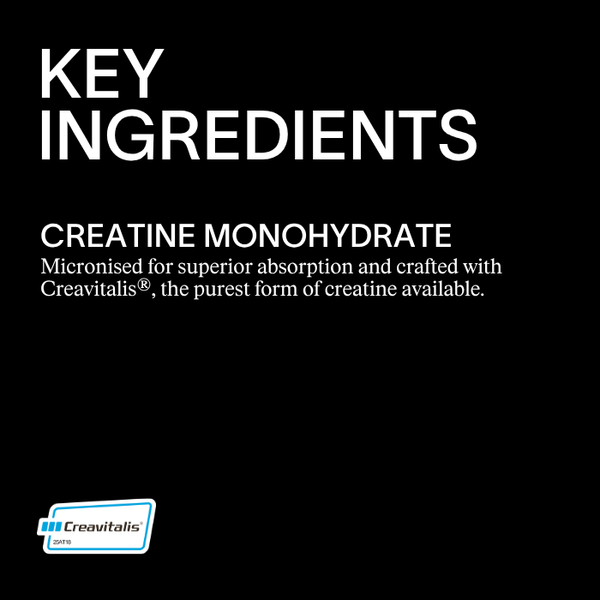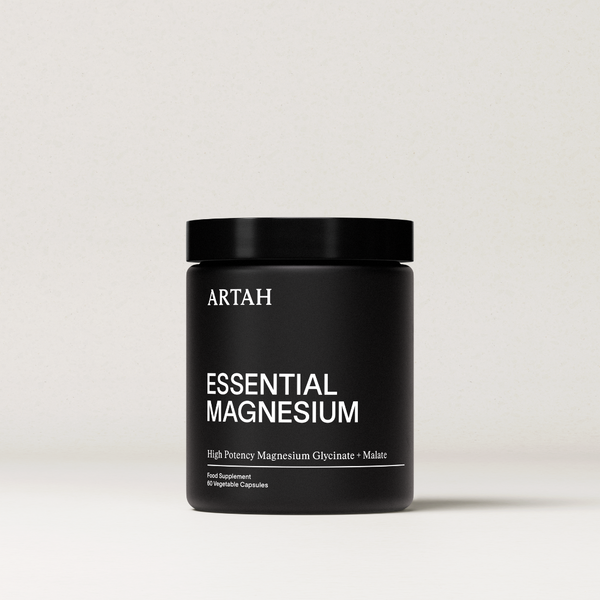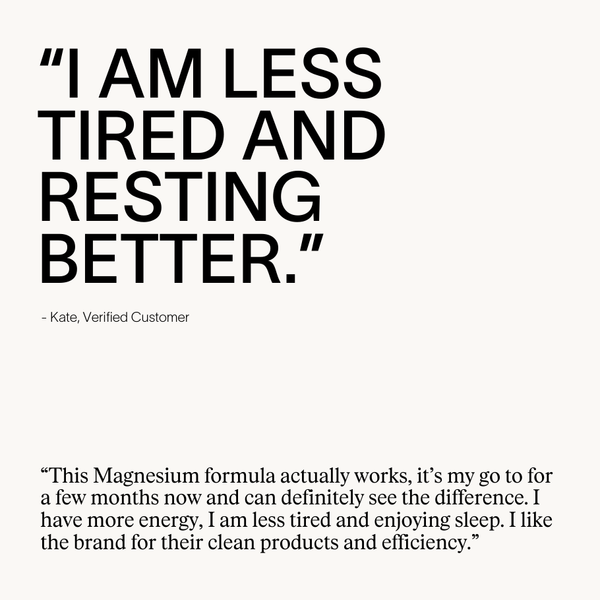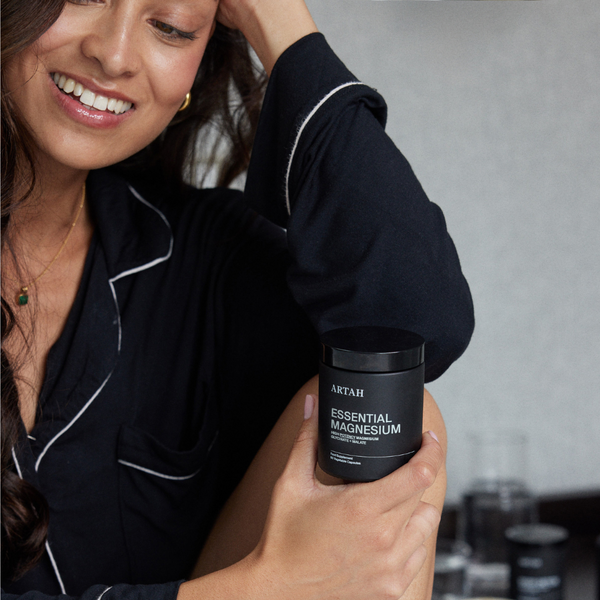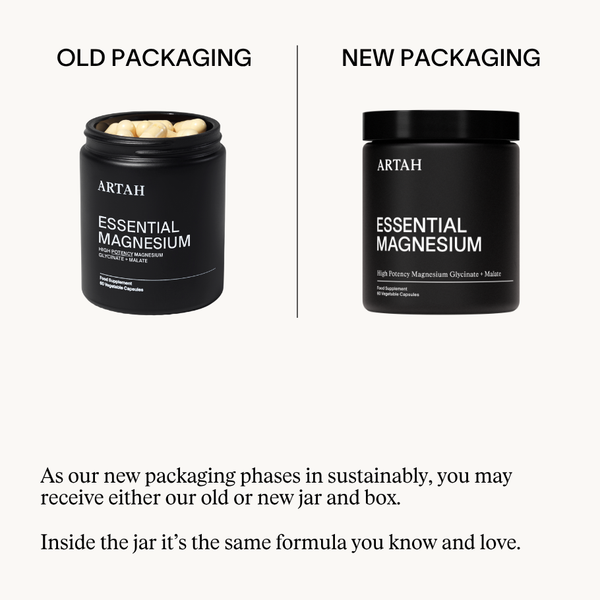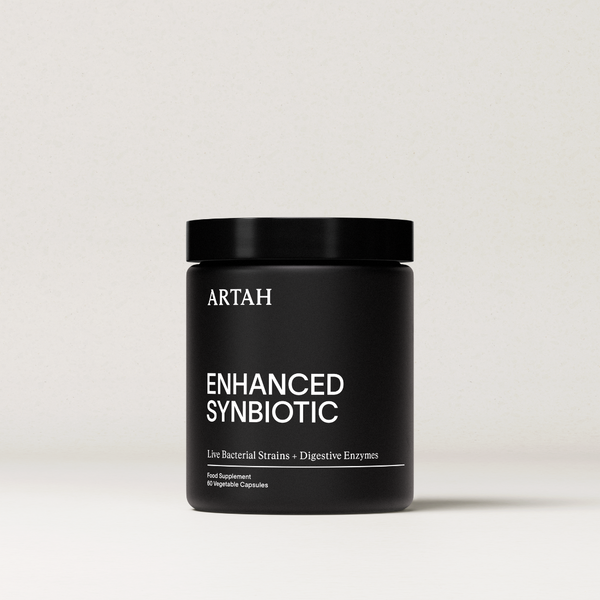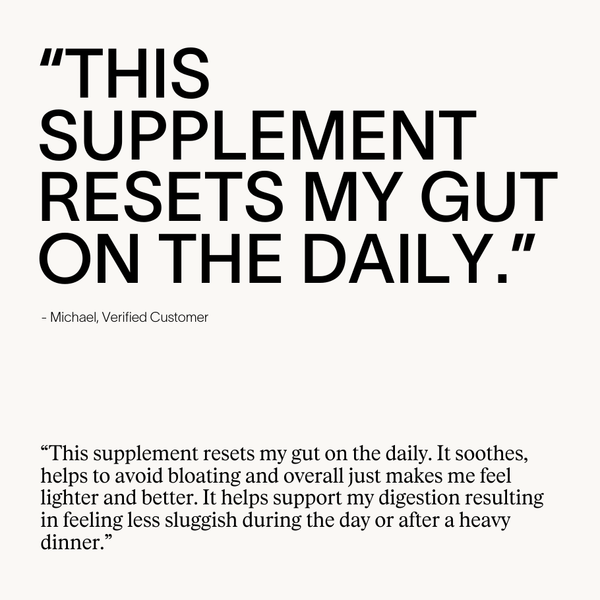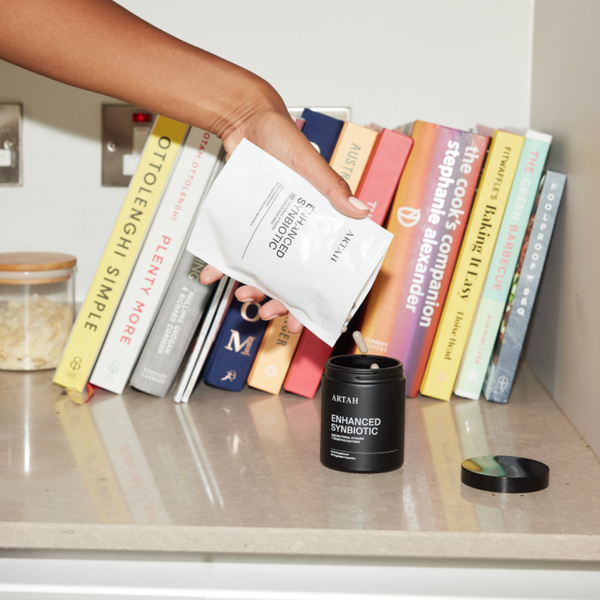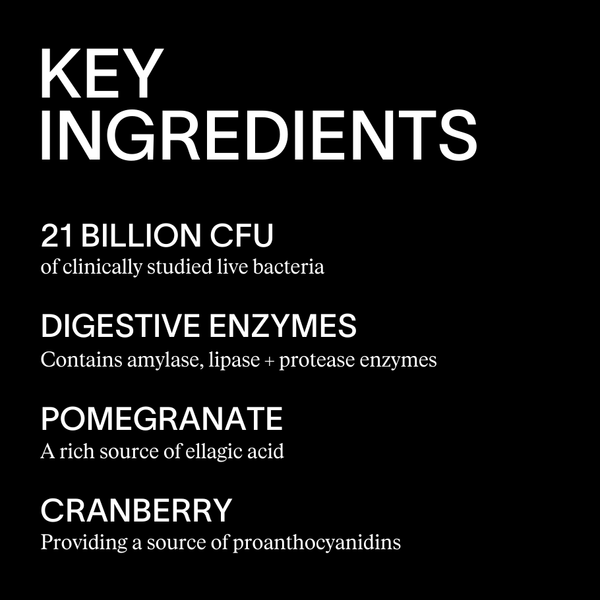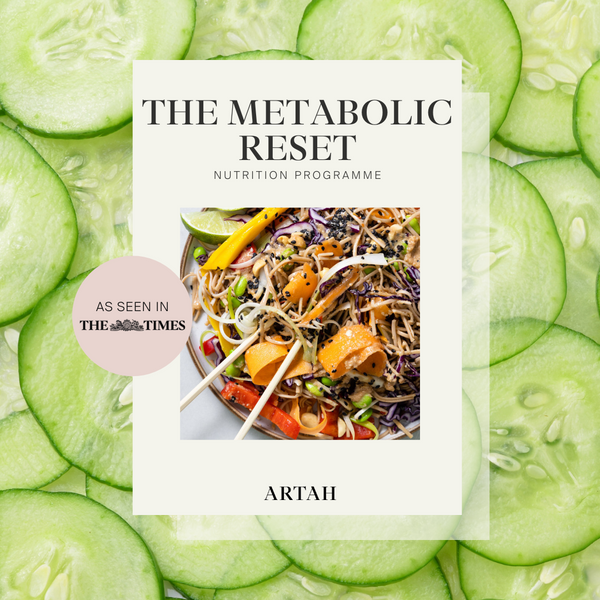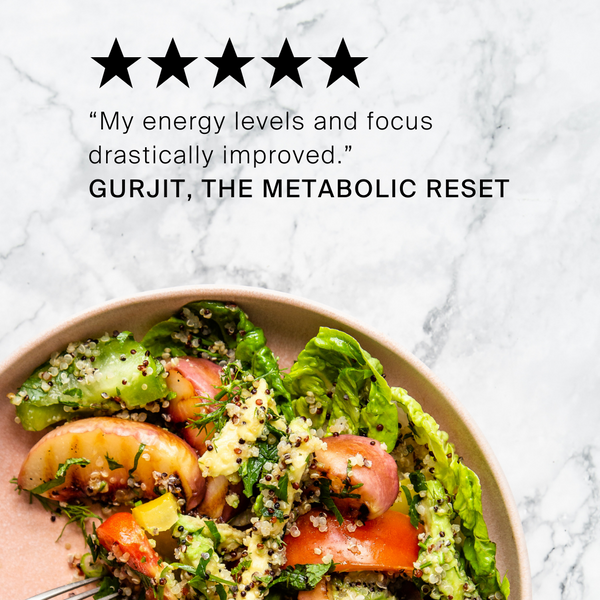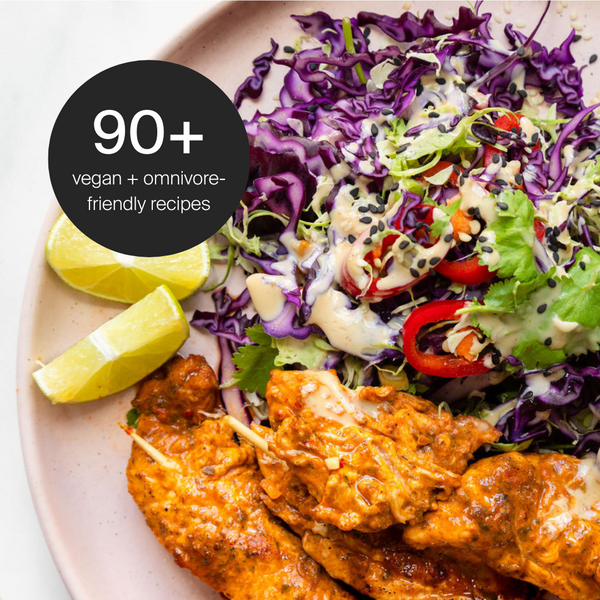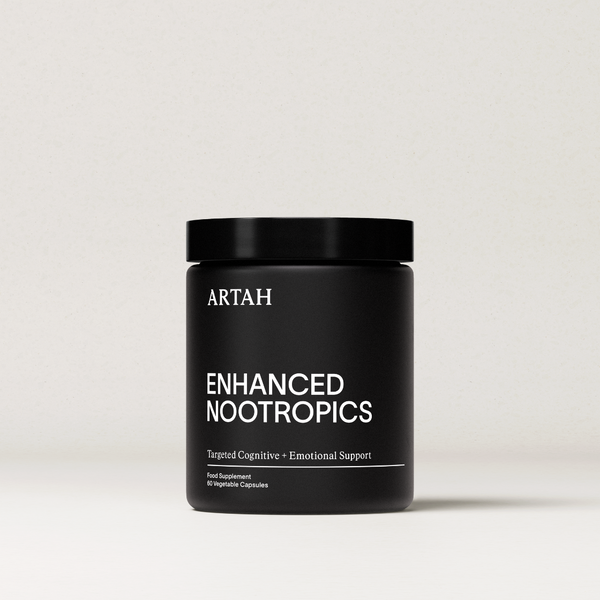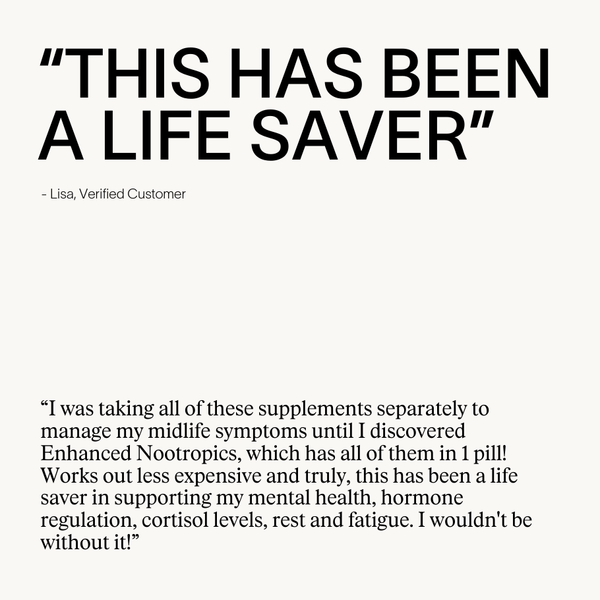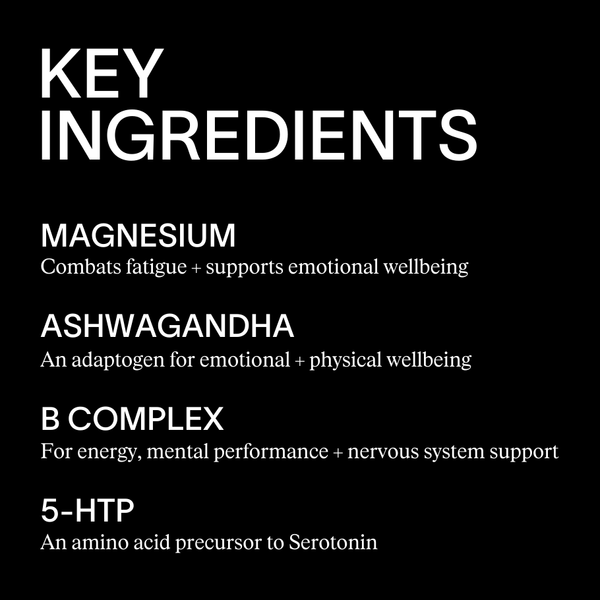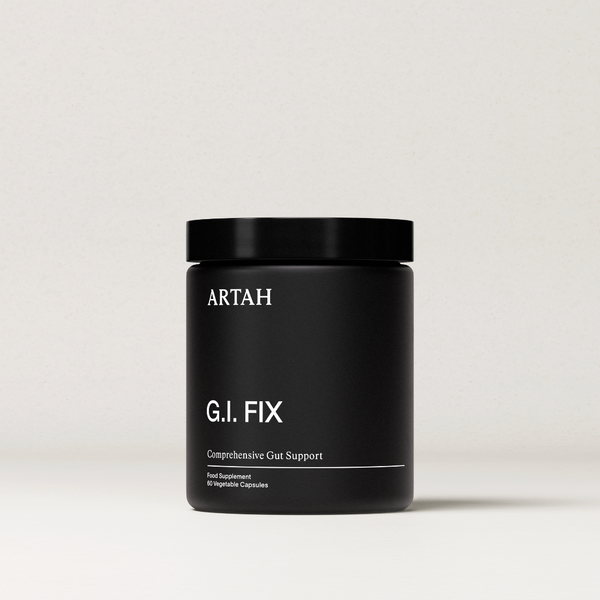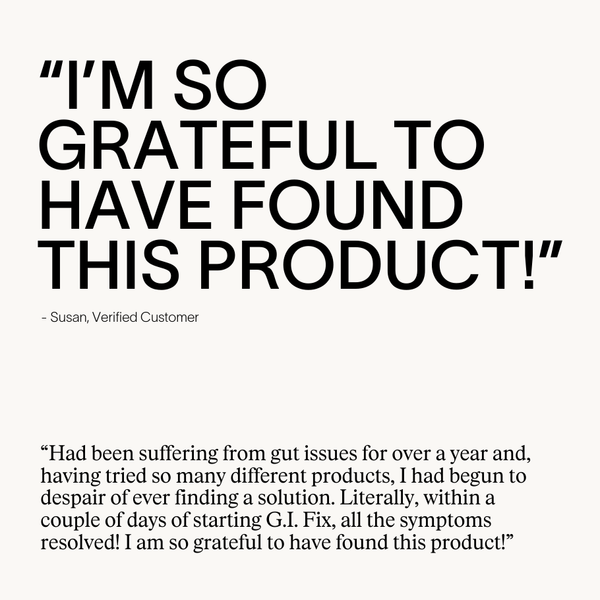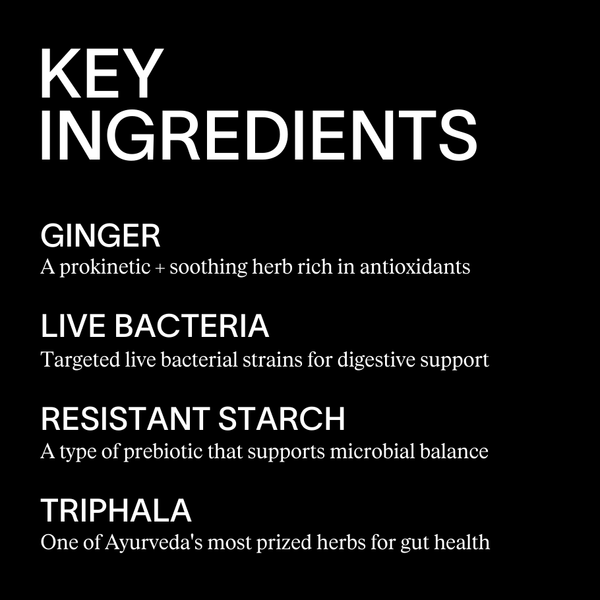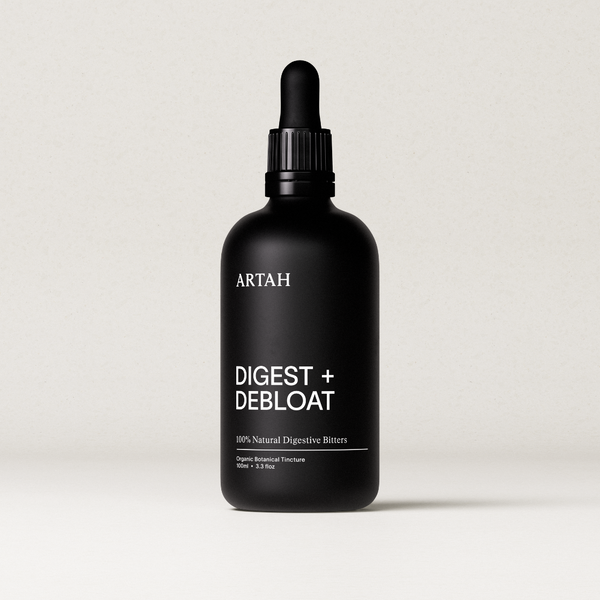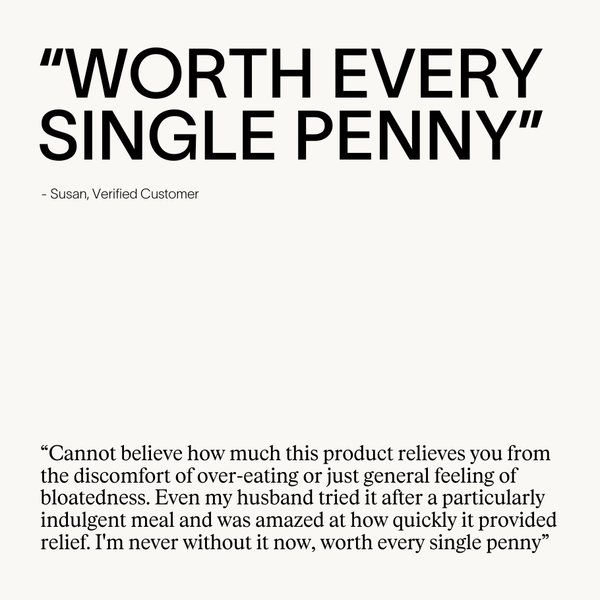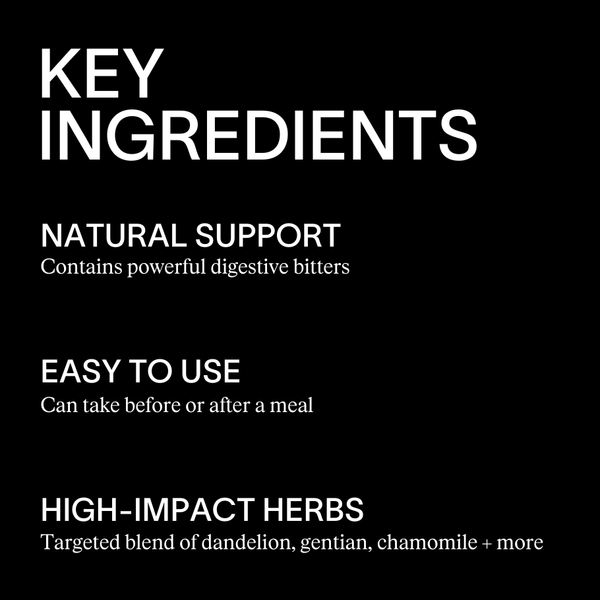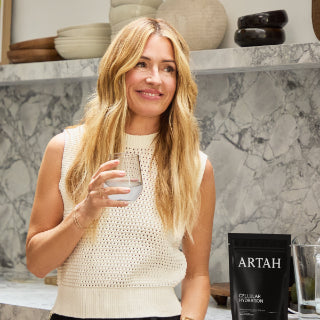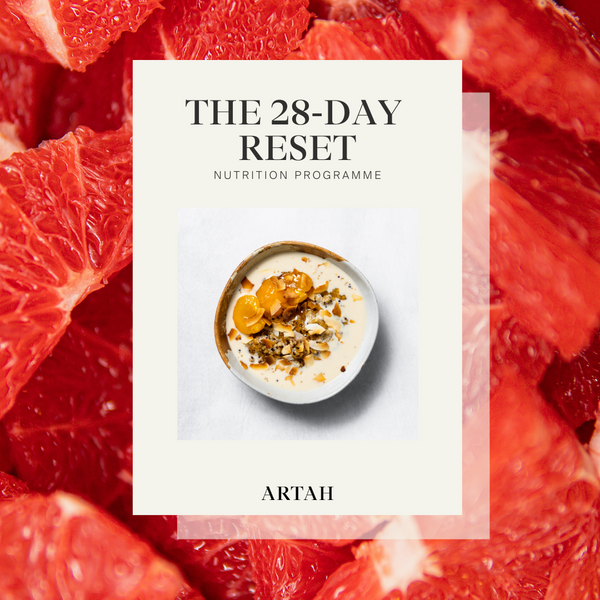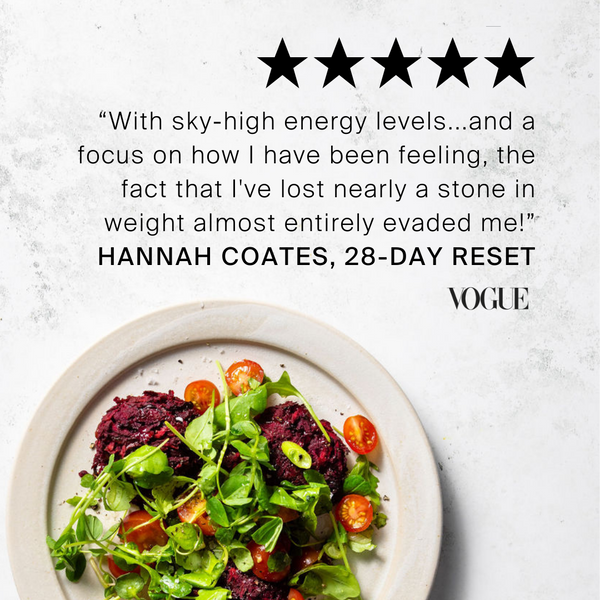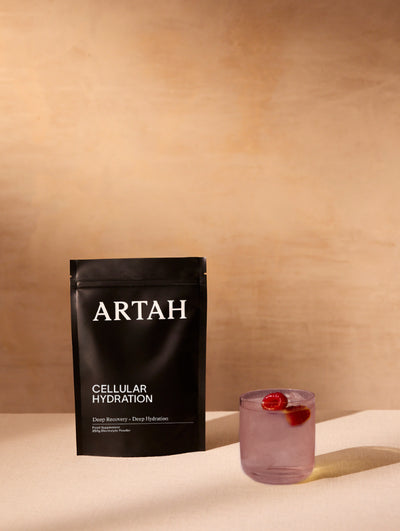Besides the standard ‘don’t drink, don’t smoke’ we get very little guidance on how we can actually prepare for pregnancy. Detoxification, in the most straightforward sense, is the process of removing toxic substances. Whilst it’s true that our body has a built-in detoxification system, there are other ways in which we can detox as well. From detoxing your nutrition and personal care regimes to including targeted phytonutrients that optimise detoxification pathways and hormone health, here’s where to start.
Step 1: Minimise environmental pollutants
There are still some people trying to argue that organic food has no health benefits, but we know from washout studies – where people swap from conventional to organic produce - that this just isn’t true. One such study in children showed that the urinary concentration of the metabolites of certain pesticides decreased immediately after the introduction of an organic diet and remained undetectable until the conventional diets were reintroduced. Whenever possible, aim to go organic. Organic produce in supermarkets can get quite expensive, so look for local farmers markets near you to help lighten the financial load. You’ll also benefit from more seasonal produce, antibiotic free/grass fed meats and usually a better carbon footprint. If you’re not ready to go full organic; that’s ok. As a baseline, try following the Environmental Working Group’s (EWG) advice for the best and worse foods when it comes to contamination. Each year, they release the Dirty Dozen and Clean Fifteen to help you know what to invest in when it comes to organic. It’s also important to minimise mercury containing fish; switch your focus to the SMASH fish (sardines, mackerel – not king mackerel – anchovies, salmon, herring), and avoid farmed prawns and other types of fish whenever possible.
One type of pollutant in particular has been getting a lot of attention: Phthalate. Phthalates are chemicals that are linked to endocrine disruption, developmental and reproductive toxicity and cancers, and they are found in a wide array of products and plastics. The European Union has banned Phthalate use in cosmetics, however, they aren’t banned in U.S. products, so it’s important to check your labels, including shampoos, cleansers, nail polish, creams, make-up, deodorants, perfumes and more. If you’re unsure, you can reach out the brand and ask their customer services team. Phthalates are also found in higher concentrations in packaged and fast foods – why? Phthalates are added to plastics to make them more flexible, so minimise things like food packaging, wrappers, sealants and plastic wrap.
When to start: as soon as possible.
Step 2: Support your body’s detoxification pathways
Whether you’re doing an environmental detox, coming off of the pill, or just cleaning up your diet, supporting your detoxification pathways is key. First things first; make sure your bowel is working, otherwise, removing waste is going to be difficult. This doesn’t just pertain to constipation. Dysbiosis and an irritated or irregular bowel can also increase inflammation in the body, disrupt hormone balance and increase oxidative stress. Start by removing stressors from the diet, including ultra-processed food, excess alcohol, NSAIDs, excess sugar, artificial sweeteners, refined carbohydrates, food intolerances and fried foods, which can promote an imbalance in our microbiome. Increase fibre and look to over index on dietary antioxidants, including rich green, red, orange and purple fruits and vegetables, green tea, avocado, asparagus, artichoke, citrus and raw nuts. Probiotics have been shown to support fertility, and are particularly useful in individuals with gut symptoms, so try Enhanced Synbiotic. If you’re suffering from a sluggish bowel, try GI Fix, with prokinetic Triphala, DGL and Ginger to help restore balance.
When to start: at least 3 months before TTC.
Step 3: Quit sugar
I know – this is probably one you don’t want to hear. But it’s oh-so-important. Here are 6 reasons to quit sugar for good when it comes to fertility.
- High blood sugar can have a serious impact on fertility through excess insulin. Hyperinsulinemia can disrupt estrogens, progesterone, and testosterone, and also lead to immune dysfunction and inflammation.
- 1 in 20 women in the U.K. get Gestational Diabetes; and whilst you’ll commonly read that it usually goes away after birth, women with Gestational Diabetes are 50% more likely to go on to develop Type 2 Diabetes later in life.
- Maternal issues with insulin and blood sugar during pregnancy can have a long-lasting effect on your baby’s metabolism. To learn more about this, see our Nutrition for Fertility + Pregnancy Guide, which is complimentary when you invest in Enhanced Fertility.
- High sugar intake is linked to a worsening of PCOS, one of the most common female health issues affecting between 1 in 6 and 1 in 10 women (because so many women are thought to be undiagnosed), and also one of the leading causes of infertility in young women.
- If you’re already eating a sugary diet, chances are you’re feeling it in your mood, energy, appetite and immunity. Trying to quit sugar whilst pregnant (read: more tired, emotional, and hungry) is FAR more difficult than getting levels under control ahead of pregnancy.
- It’s proven to reduce fertility. An analysis of 3,828 North American women TTC and 1,045 of their male partners showed that both female and male intake with excess sugar were associated with reduced chances of conceiving.
When to start: asap. Don’t worry, when we say quit sugar, we don’t mean you need to say goodbye to fruit (in fact, it’s just the opposite). Fruit intake, in the context of the Mediterranean diet, has been shown to benefit your health and will be where you get countless vitamins, minerals and antioxidants. Excess added sugar – especially from things like packaged sweets, chocolate bars, commercial ice creams, pastries etc – is where the danger lies. If you need help detoxing from sugar, try Metabolic Fix, which contains Berberine and other craving-boosting botanicals, alongside The Metabolic Reset, our 21 day programme to help you kick your sugar habits and restore metabolic balance.
Step 4: Personalise it
It’s important to remember that everyone is unique, and your own personal pre-pregnancy health is going to influence both your experience of pregnancy and the health of your developing baby. Because of this, it’s important to address any imbalances you have ahead of when you start to TTC so that you don’t feel anxious or under a time pressure once the time comes. This can mean anything for you; from seeking help from an expert in PCOS or Endometriosis to working on stress reduction or processing emotional trauma, it's important to assess your individuals needs and go from there.
Regardless of your stage, it’s important to start supplementing with a pre-natal vitamin and omega-3 supplement. Try Enhanced Fertility, our new advanced formulation, and pair it with Essential Omegas to support hormone health, egg quality, blood sugar and more.
This article is for educational purposes only and the implementation of the theories and practices discussed is at the sole discretion of the individual. All advice given is not a substitute for medical advice, diagnosis, or treatment. If you have any concerns about your health, you should speak with your physician.
